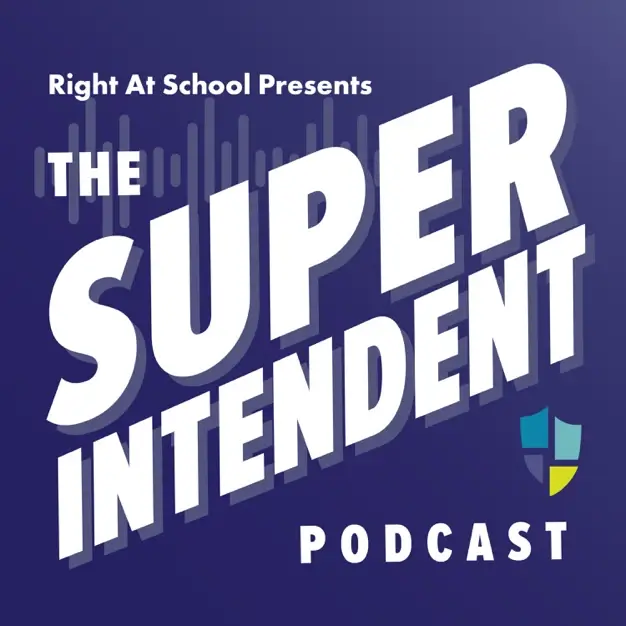While staff shortages are nothing new, a 2021 Education Week article reports that educators are saying that the situation is the worst it’s ever been.
According to the article, even positions that used to draw hundreds of applicants are now going empty. This phenomenon is having wide-ranging impacts on students and the educators who remain.
Obstructed instruction and learning
Vacant positions are hampering schools’ efforts to help students recover from the learning disruptions caused by the pandemic over the past two years:
- The teachers who have remained in schools are sacrificing planning periods, free periods, and office hours to take on extra teaching and non-teaching responsibilities.
- Increased class sizes have reduced teachers’ ability to focus on individual students’ progress and provide feedback during instruction.
- Many schools have had to deprioritize or cancel academic support services such as homework help and library time.
- Some students who need extra academic support are falling through the cracks, and their performance is lapsing further.
- The extra duties, plus the loss of breaks and prep time, are causing teachers to burn out. Teachers are reporting high rates of job-related stress and depression, which can further hamper their efforts.
Loss of opportunities for physical activity
Staff shortages have also forced many schools to cancel recess or athletic clubs. But those physical activities enhance students’ memory and ability to concentrate, helping them stay on task during class time. Additionally, both give students a chance to hone social skills like sharing, teamwork, and negotiation. Recess provides a chance for unstructured socialization, which is essential for children’s social-emotional development.
Increases in disruptive student behavior
Larger classes, harried teachers, and fewer extracurriculars can cause students to feel “lost in the shuffle” and lose their emotional connection to their school. As a result, they may become disruptive (e.g., talking out of turn in class, showing aggression toward other students and faculty) or simply disengaged (e.g., no longer paying attention to what’s being taught, neglecting homework assignments, skipping school or classes). In schools that have had to cancel recess, the loss of an opportunity to release nervous energy may cause even students who want to behave appropriately to act out.

High-quality enrichment programs support student learning
While enrichment programs like Right At School can’t cure the staffing shortage, they can alleviate some of the symptoms, making school life easier for school leaders, faculty, and students.
The Afterschool Alliance reports that over two-thirds (68%) of children participating in high-quality programs show improved homework completion and class participation. Other studies have found participation in enrichment programs yields high performance in math and reading as well as improved social and emotional competencies.
Improved Homework Completion
Right at School can help
As the official after school provider of AASA, the School Superintendents Association, Right At School is dedicated to building strategic partnerships with district leaders, cultivating strong family engagement, and reinforcing educators’ systems of student support.
Right At School’s extended learning programs can provide up to 20 additional hours per week of academic enrichment and social-emotional learning before or after school. We are committed to collaborating with schools and districts to provide the most effective program model for their students, including recess management.
We vet and employ individuals that live in the areas around each school with which we partner. Consequently, our programs can become another recruiting resource for administrators. We can help you build a teacher pipeline and support your efforts to achieve equity among your schools.
Right at School supports equitable access to programs
The Wallace Foundation, a nonprofit focused on educational equity, and the Afterschool Alliance report that an increasing number of families, particularly low-income families and families of color, can’t enroll their children in enrichment programs due to transportation challenges. Right At School solves that issue by operating on school campuses.

The alliance and foundation also cite costs as another major barrier to program enrollment. We offer families multiple financial options and accept state and local childcare subsidies and state financial aid. Additionally, federal stimulus bills are enabling schools to fund enrichment programs fully or partially.
For more information about how extended learning programs can ease the burden of staffing shortages, download our new resource Supporting Educators’ Work in the Face of Staff Shortages.








